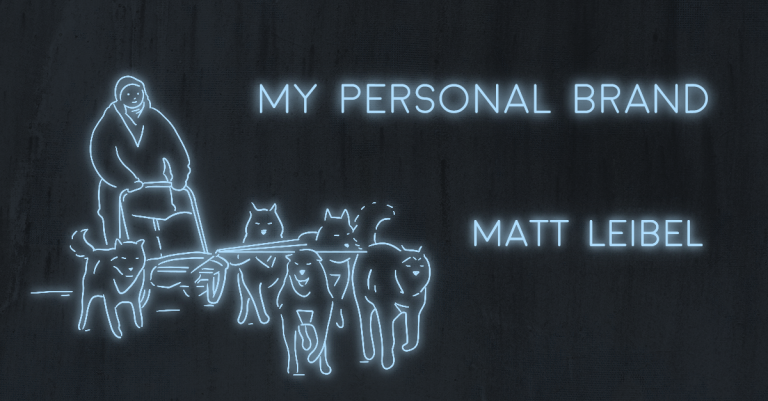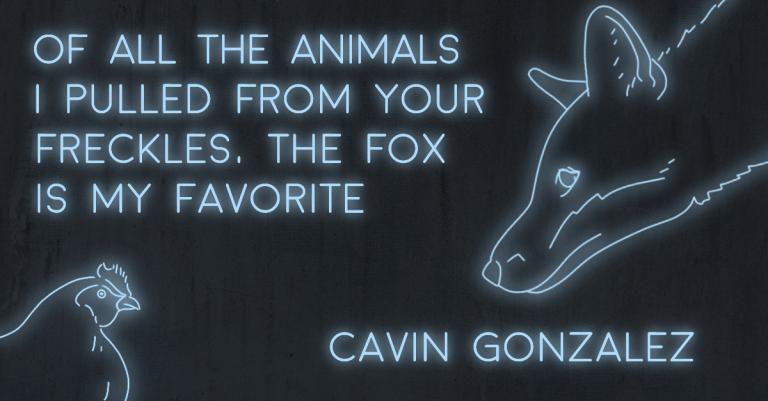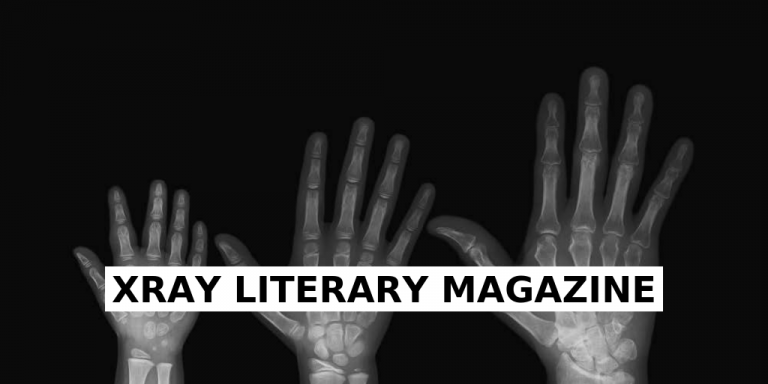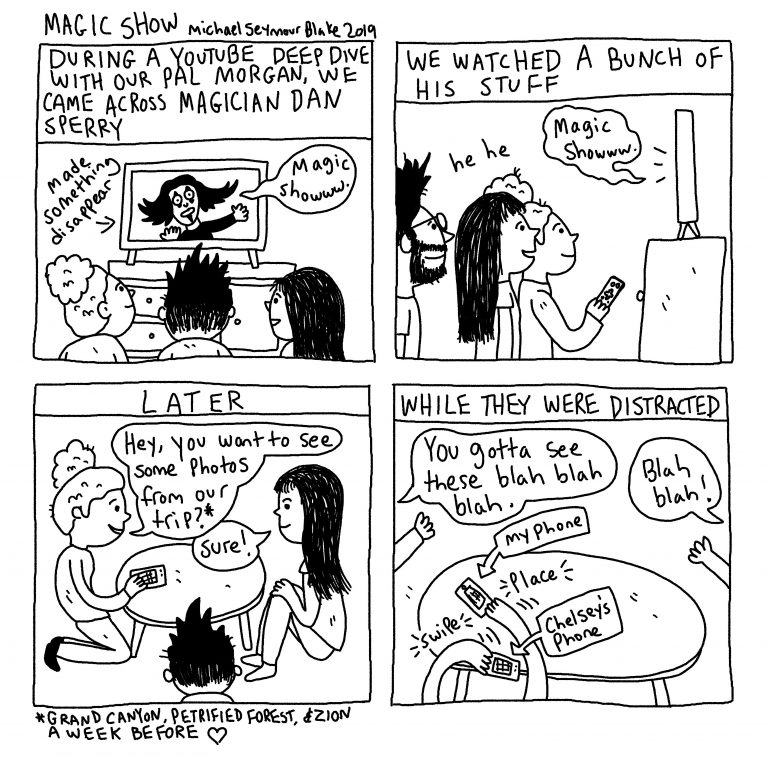
MY PERSONAL BRAND by Matt Leibel
My personal brand is integrity. My personal brand is fresh, innovative thinking, and a commitment to excellence. My personal brand sets me apart, in the sense that many people refuse to stand within 50 feet of me, as if my personal brand stinks or something; my personal brand does not stink. If anything, my personal brand exudes a fresh, clean scent, evocative of wintergreen, or a cool spring breeze. My personal brand does not harm the skin. My personal brand contains no known carcinogens and has been extensively tested on laboratory rats. Unfortunately, one of the rats has recently escaped



